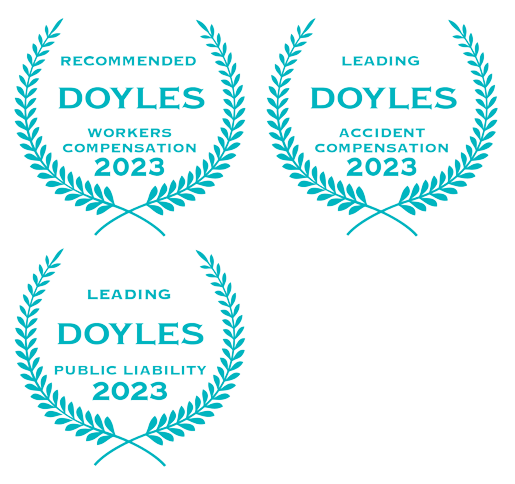Misdiagnosis of an illness is the basis of many medical negligence cases in Australia. However, by itself, misdiagnosis doesn’t always result in a successful court case.
For a successful case, it must be shown that a misdiagnosis (or failure to diagnose) resulted in improper care, delayed treatment, or no treatment, and that a patient’s medical condition became worse as a result.
If you believe that you (or a family member) were misdiagnosed and harm was caused, you have three years from the date of the incident to file a claim. After that time, you and your legal team would need permission from the court to bring an action; this often results in complications and can be very challenging.
What are you seeking?
Before you seek help, ask yourself, “What do I want to achieve?”
Do you just want to be heard or receive an apology from the provider? Do you want to help other patients avoid the same outcome? Or are you looking for financial compensation? Knowing what you want will help determine a plan of action.
If you just want to file a complaint, you can ask for help from a medical negligence solicitor, but you can also begin by taking the matter into your own hands. Contact the service provider directly, ask about their complaints policy and then make a formal complaint (in writing, if necessary). The provider should be clear about any next steps and should respond within 30 days.
If the provider does not respond or does not resolve the issue to your satisfaction, you can file a complaint with the Health and Community Services Complaints Commissioner (HCSCC) in South Australia. A free and confidential service for South Australians, the HCSCC helps people who have complaints about health services – including government, private and non-government health and community services – across the State.
Seeking financial compensation
If you’re looking for financial compensation, however, you’ll need help from an experienced medical negligence lawyer. If you have a legitimate case, a lawyer can negotiate on your behalf with the defendant’s lawyers and their insurance company.
Of course, doctors and nurses are human. Medical – and therefore most medical negligence cases – are complex. Mistakes happen, and in many illnesses, symptoms can vary greatly by patient. Usually, mistakes and misdiagnoses are unintentional, and often the behaviour cannot be considered ‘negligent.’
As noted in our recent post on filing a medical negligence claim in South Australia [link], in order to receive financial compensation for a claim, you and your legal team must be able to show that the doctor or healthcare provider was negligent (falls short of Australian medical standards) and did not show ‘reasonable care’ in diagnosing a condition.
Demonstrating that a practitioner did not meet existing standards and proving ‘causation’ in court is extremely challenging and requires an experienced legal team.
If you believe that a misdiagnosis was made in your case or you have any questions about filing a medical negligence claim, please contact us to speak with a member of our legal team.


